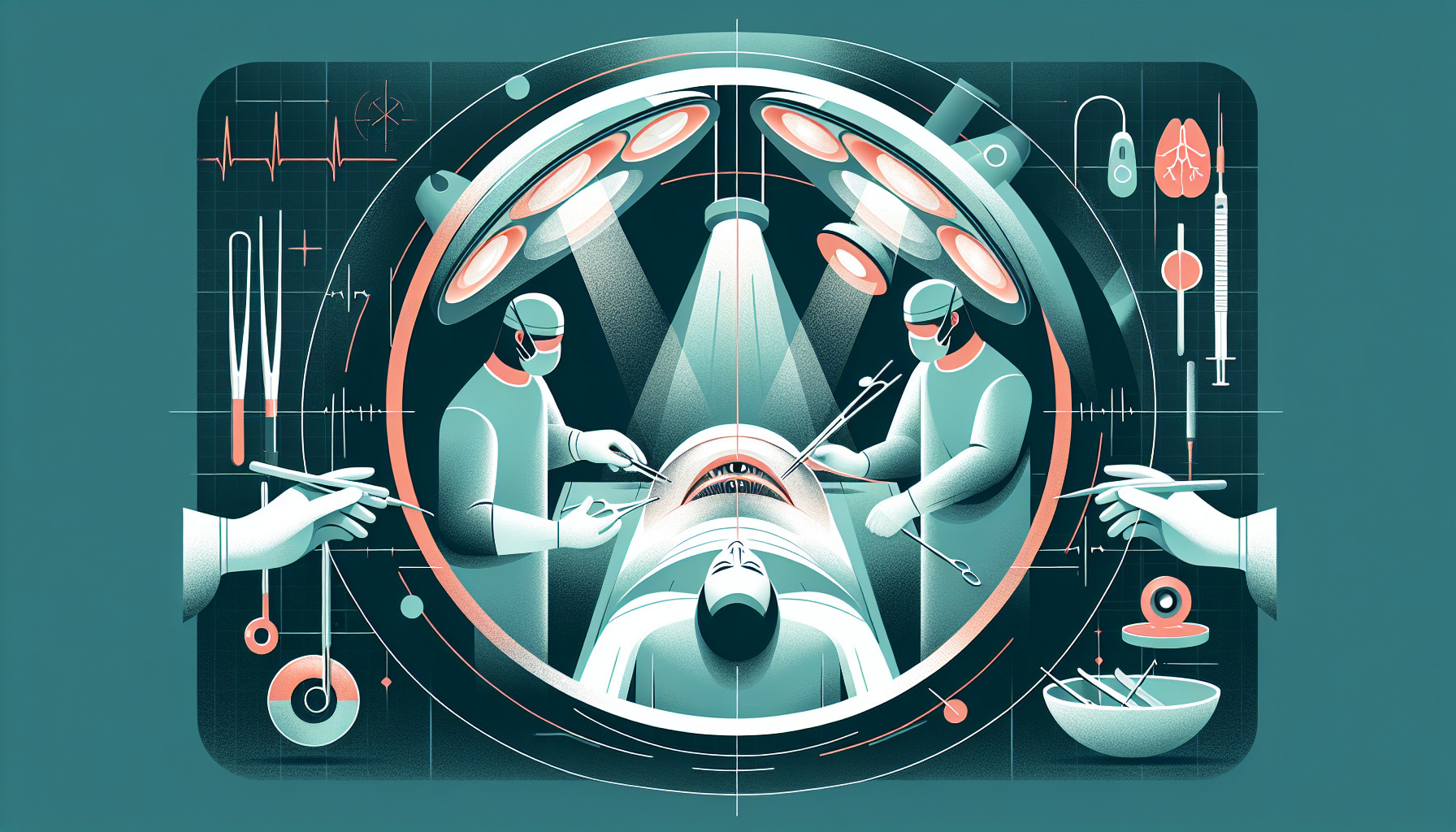Our Summary
This research paper is about a review of the benefits and potential drawbacks of performing cataract surgery on both eyes at the same time, known as immediately sequential bilateral cataract surgery (ISBCS). The authors find that this method doesn’t increase the risk of serious complications in both eyes such as inflammation inside the eye. They also found that ISBCS is more cost-effective than doing the surgeries on different days (referred to as delayed sequential bilateral cataract surgery or DSBCS), saving money for patients, insurance providers, and society overall. ISBCS also allows for faster recovery of vision and brain adaptation to the new visual conditions. The authors note that with the use of modern equipment and techniques, unexpected outcomes in vision correction are rare for normal eyes. However, they caution that there may be more unexpected outcomes when using this approach for implanting specific types of lenses that correct age-related farsightedness, and this needs to be carefully considered.
FAQs
- Does immediately sequential bilateral cataract surgery (ISBCS) increase the risk of serious complications?
- Is ISBCS more cost-effective than delayed sequential bilateral cataract surgery (DSBCS)?
- Are there more unexpected outcomes when using ISBCS for implanting specific types of lenses that correct age-related farsightedness?
Doctor’s Tip
One helpful tip a doctor might tell a patient about cataract surgery is to follow all pre-operative instructions provided by the surgeon, such as avoiding eating or drinking before the procedure. It is also important to have someone available to drive you home after the surgery and to attend all post-operative appointments to ensure proper healing and vision improvement. Additionally, be sure to ask any questions or express any concerns you may have about the surgery to your doctor before the procedure.
Suitable For
Patients who are typically recommended for cataract surgery include those who experience symptoms such as blurry vision, difficulty seeing at night, sensitivity to light, seeing halos around lights, and colors appearing faded. Additionally, patients with cataracts that interfere with their daily activities or impact their quality of life may also be recommended for surgery. It is important for patients to undergo a comprehensive eye exam and consultation with an ophthalmologist to determine if they are suitable candidates for cataract surgery.
Timeline
Before cataract surgery:
- Patient undergoes a comprehensive eye examination to determine the severity of the cataracts and the best course of treatment.
- Patient meets with their ophthalmologist to discuss the surgery, including potential risks and benefits, and to decide on the type of intraocular lens (IOL) to be implanted.
- Patient may need to undergo various pre-operative tests and measurements to ensure the surgery is successful.
- Patient may need to stop taking certain medications prior to surgery and follow specific instructions for pre-operative care.
After cataract surgery:
- Patient is monitored in the recovery area immediately after surgery to ensure there are no complications.
- Patient may experience some discomfort, blurred vision, or sensitivity to light in the first few days after surgery.
- Patient will need to use prescribed eye drops to prevent infection and promote healing.
- Patient will have follow-up appointments with their ophthalmologist to monitor progress and make any necessary adjustments.
- Patient may experience improved vision within a few days to weeks after surgery, depending on the individual healing process.
Overall, cataract surgery is a relatively quick and safe procedure that can significantly improve a patient’s quality of life by restoring clear vision. By opting for ISBCS, patients can benefit from faster recovery and cost savings without significantly increasing the risk of complications.
What to Ask Your Doctor
- What are the potential benefits of having cataract surgery on both eyes at the same time?
- What are the potential drawbacks or risks of immediately sequential bilateral cataract surgery (ISBCS)?
- How does ISBCS compare to delayed sequential bilateral cataract surgery (DSBCS) in terms of cost-effectiveness?
- How long does it typically take to recover from ISBCS compared to DSBCS?
- Are there any specific types of lenses that may not be suitable for ISBCS?
- What should I expect in terms of post-operative care and follow-up appointments after ISBCS?
- How will ISBCS affect my overall vision and quality of life?
- Are there any lifestyle changes or restrictions I should be aware of after undergoing ISBCS?
- What are the success rates of ISBCS compared to DSBCS in terms of improving vision and reducing cataract-related symptoms?
- Are there any alternative treatment options to consider before proceeding with ISBCS?
Reference
Authors: Nowrouzi A, Alió JL. Journal: Curr Opin Ophthalmol. 2024 Jan 1;35(1):17-22. doi: 10.1097/ICU.0000000000001003. Epub 2023 Oct 19. PMID: 38390776
